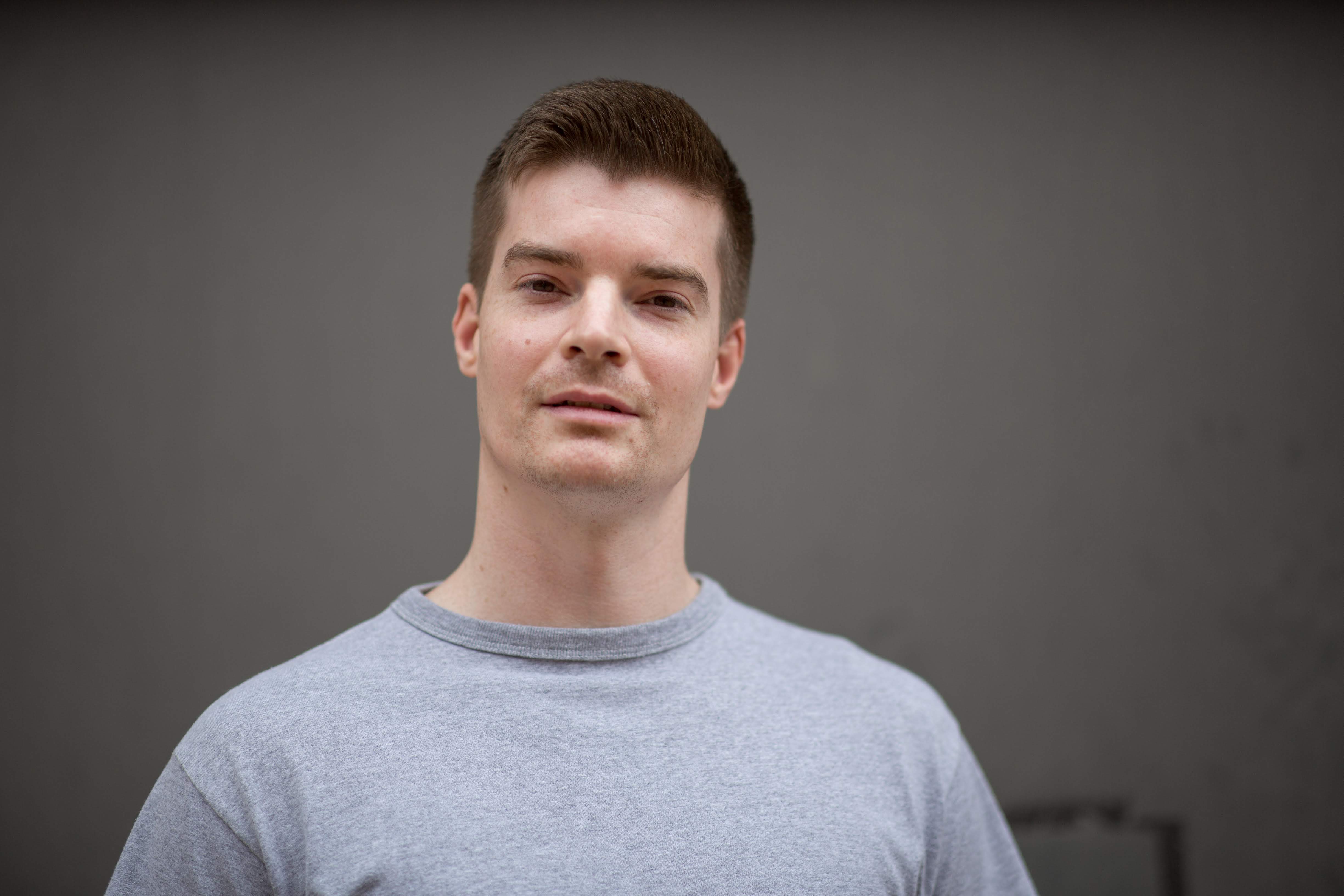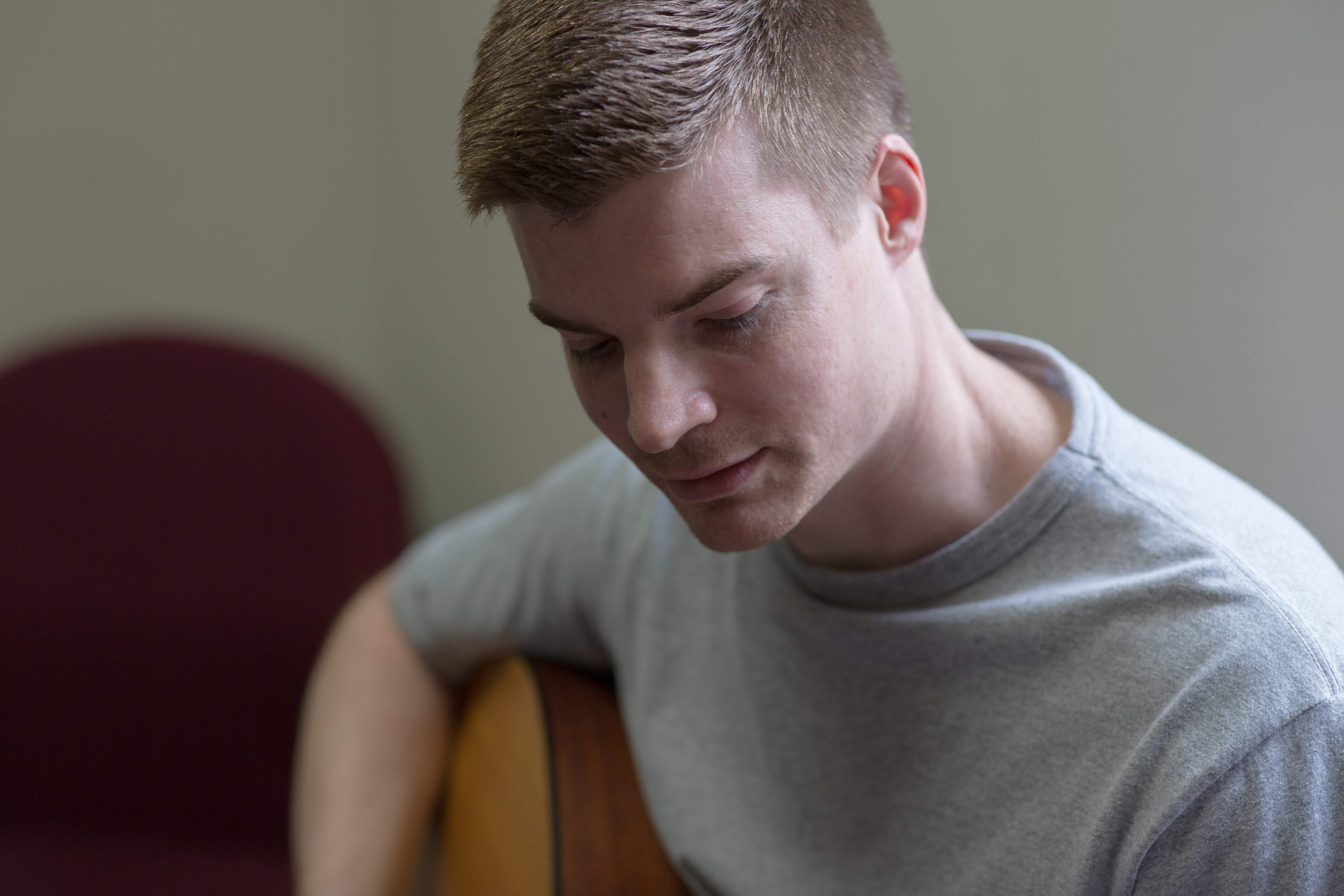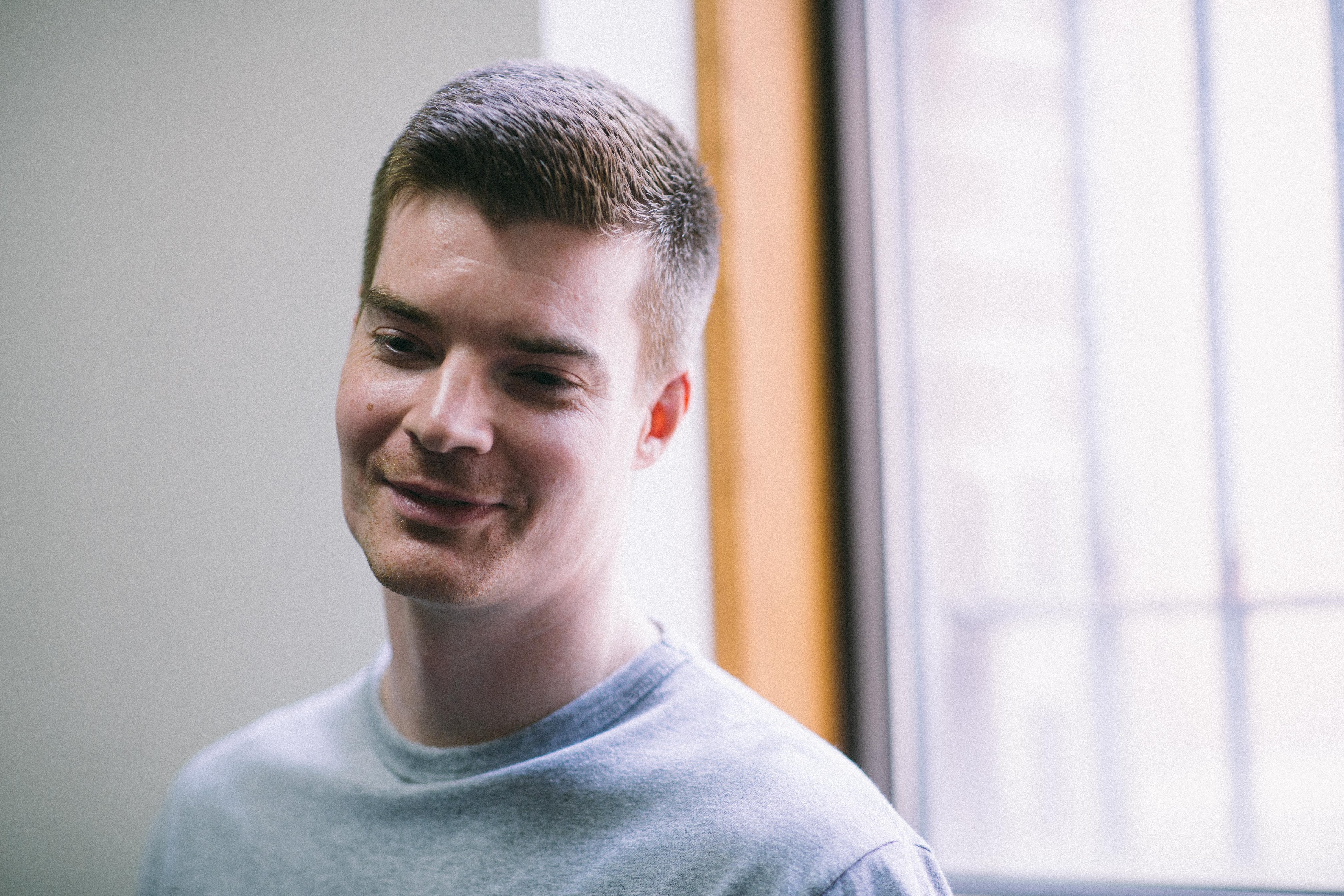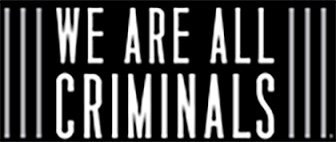SEEN is a prison portrait and poetry project. But more importantly, it’s a Minnesota portrait and poetry project. Through photography, video, and written word, we share the poignant brilliance of poets and prose writers in Minnesota state prisons, and work together to make the invisible visible, the unheard heard, and the unseen seen. Mass incarceration is dependent upon the ignoring and erasure of the human beings we cage. In collaboration with the Minnesota Prison Writing Workshop (MPWW) and the thoughtful, intelligent, humble, and deeply gifted writers on the inside, WAAC challenges and disrupts mass incarceration by clearing the pathways for people behind bars to have their voices heard, faces seen, and humanity recognized–and for people on the outside to reckon with the inhumanity of our country’s mass incarceration mass disaster.
This page is dedicated to B’s work. For more poets and essayists, check out the SEEN page.

From DISFIGURED HOURS
don’t X days don’t
fall prey
don’t pray to unwreck
the past don’t count
past don’t count
past don’t count past
don’t catch the cell-
block blues and don’t
don’t don’t get
into a rhythm
of throwing ______
away don’t X days
don’t search skyward
for a light that takes
years to get here

A Phone Call With Good News

From DISFIGURED HOURS
His eyes and his eyes and my
eyes are barcodes,
I mean barred holes, I mean
bars over hot coals stoked
by badged mouths
that form “person”
but say “property.”
Three times daily
we stand
and are inventoried.
See our bodies bend
into numbers
accounted for.
__
Excerpt from B’s interview with Sarai Hertz-Velázquez for PEN America regarding this poem:
Prison is a place of dehumanization from the instant a person is escorted through the prison doors. The first thing that is given to you is an identification number that replaces your name. For the entirety of your incarceration, you are referred to by your number and addressed as “offender.” But there are ways of resistance, of recapturing what is inherently ours at birth, of singing identity back into our body. Poetry, for me, is that choir that sings me into myself (credit to Whitman!). I think of a quote from poet Martín Espada: “It’s the poet’s job to give eyes, ears, and noses, to humanize those on the outskirts.” Poetry is not only a tool to recapture humanity but also a place I go to find myself and understand what humanity—being a human being—is. Poetry is wise, and if you are genuine and kind to it, it will offer its wisdom in abundance. So, yes, my resistance to dehumanization manifests itself in my daily life by the way I carry myself, my attitude, how I interact with others, and how I refuse to be addressed like something other than a human being by the “authority” figures in prison. Most of all, I practice compassion and empathy, two of the most essential human qualities, of which poetry has revealed to me.

From DISFIGURED HOURS
Fit your life in 2 grey bins
the size of small coffers emptied.
Twice yearly, stuff clothes,
books, family photos, all
things gathered like the years
collected in your stark cell
until no-more-room
ends the forced cleanse.
It becomes a rhythm,
throwing your self away.

We Can’t Hear Ourselves Sing
Can you hear that? The not-
silence. Shaking of
the air. The great grate
of too many men contained
in cramped quarters, voice over
voice as necks stretch & heads
tip back in this feral nest
expecting to be fed or nurtured
or shown the ritual of flight.
You don’t know noise
until nerves sizzle
& shock the body
into short-circuit.
How much too much can you bear?
The loudspeaker’s constant
god-voice, the late-night/early-light
pill-spiked grievance fevers
of cooped spook birds,
the prison’s dumb metal
percussion-drunk, the bangs
clangs groaning bones moans
in walls in throats in the wind
& its baggage &
goddammit shut the fuck up!
Figure fatigue of tongue
would set in at some point, enough
for this poem to reach
its final plea: instead of rapture,
a private field’s pastoral hush.
PRISON PASTORAL
I once mistook a gray moth
lying at my feet on faded grass
for a blanched butterfly.
Its casual stillness,
wings curved hieroglyphs
steely against the bronzed lawn,
startled me;
everything in prison moves in hunched caution,
flightless but bent on flying.
Did it know this wasn’t pasture meant
to land on? Did it know my pale shadow
wasn’t an elm, and never could be? Did it know,
no matter how much pretending,
it was a moth? I tried to find
answers woven in fine silk
on its quiet wings.
The language was dust.

This is about being seen (not looked at: truly seen)—but also about seeing yourself, or a piece of yourself, or a piece of someone you love, in me.
I hope you see someone you love in our faces and words. I hope you see something of your son in me, or your grandchild, brother, uncle, or best friend. If so, you’ll see us as just two human beings, imperfect in all our beauty.

The Writers Collective and MPWW are so important to us because of the community we’ve created. The support, the investment in the self and others, the confidence gained, the relationships created, the experiences and empowerment that encourages growth and success. SEEN has the same opportunity by expanding our community to envelop the outside community, which inherently incorporates the same communal aspects. Imagine the support, empowerment, relationships, and natural investment created!

